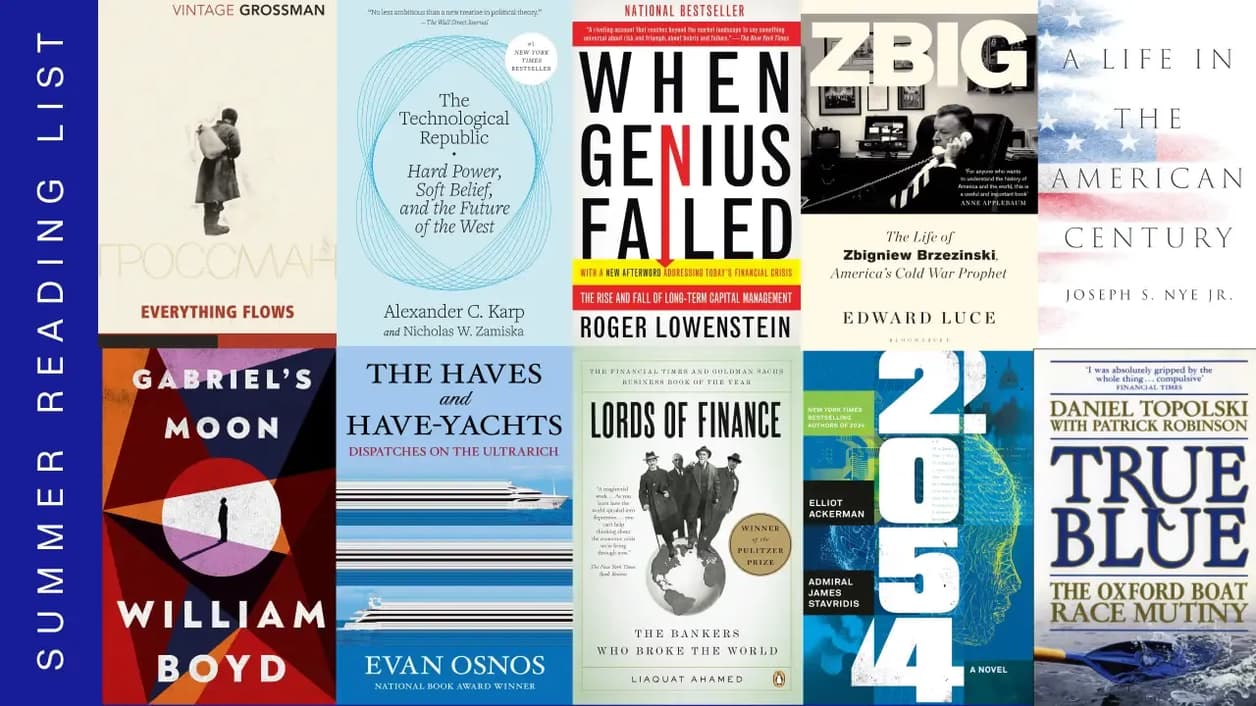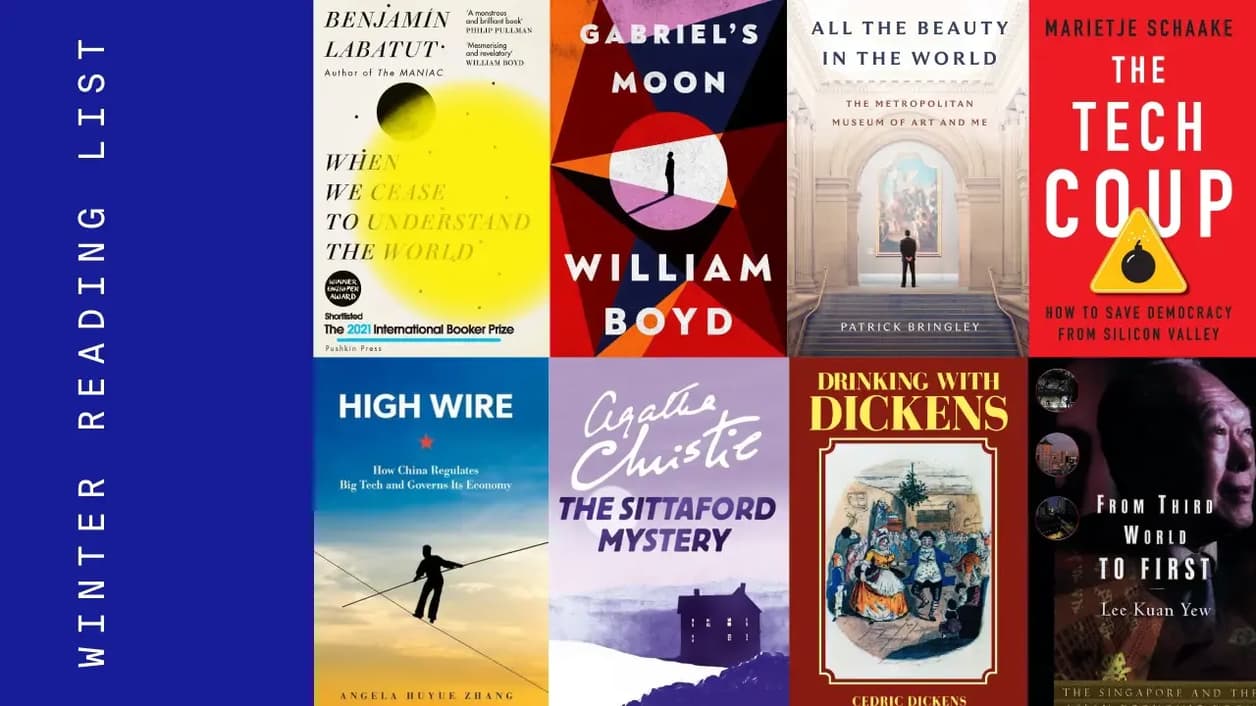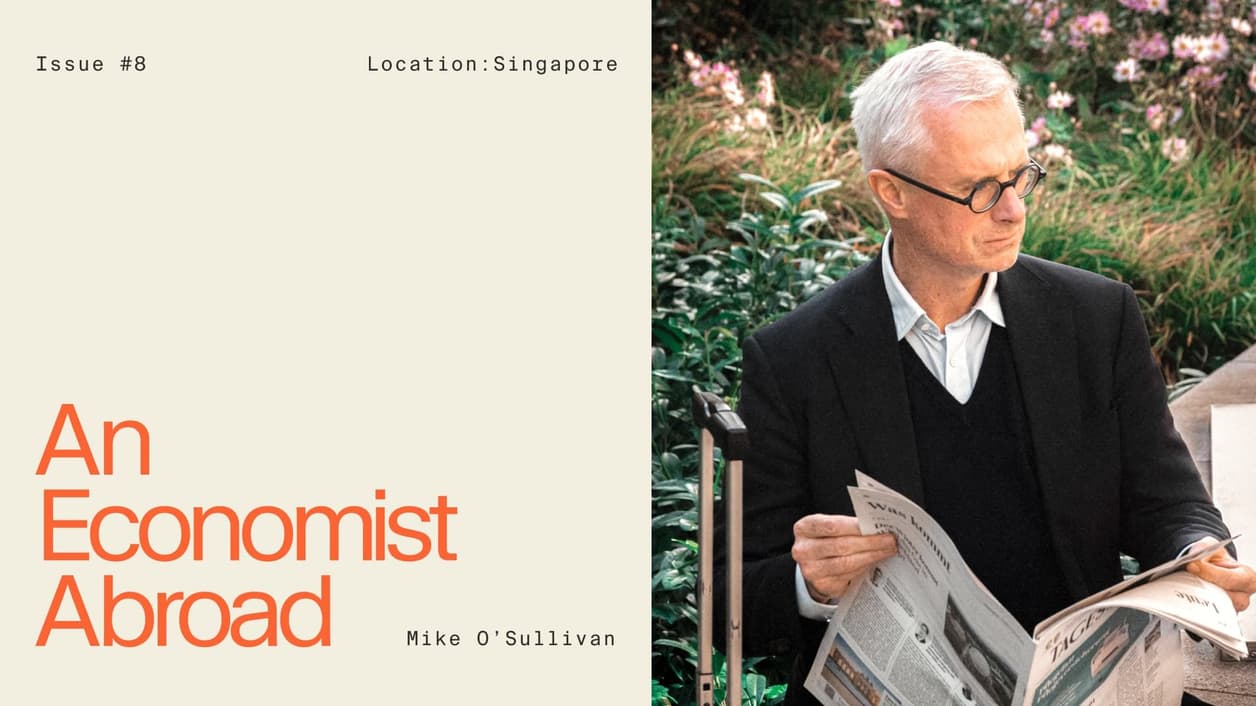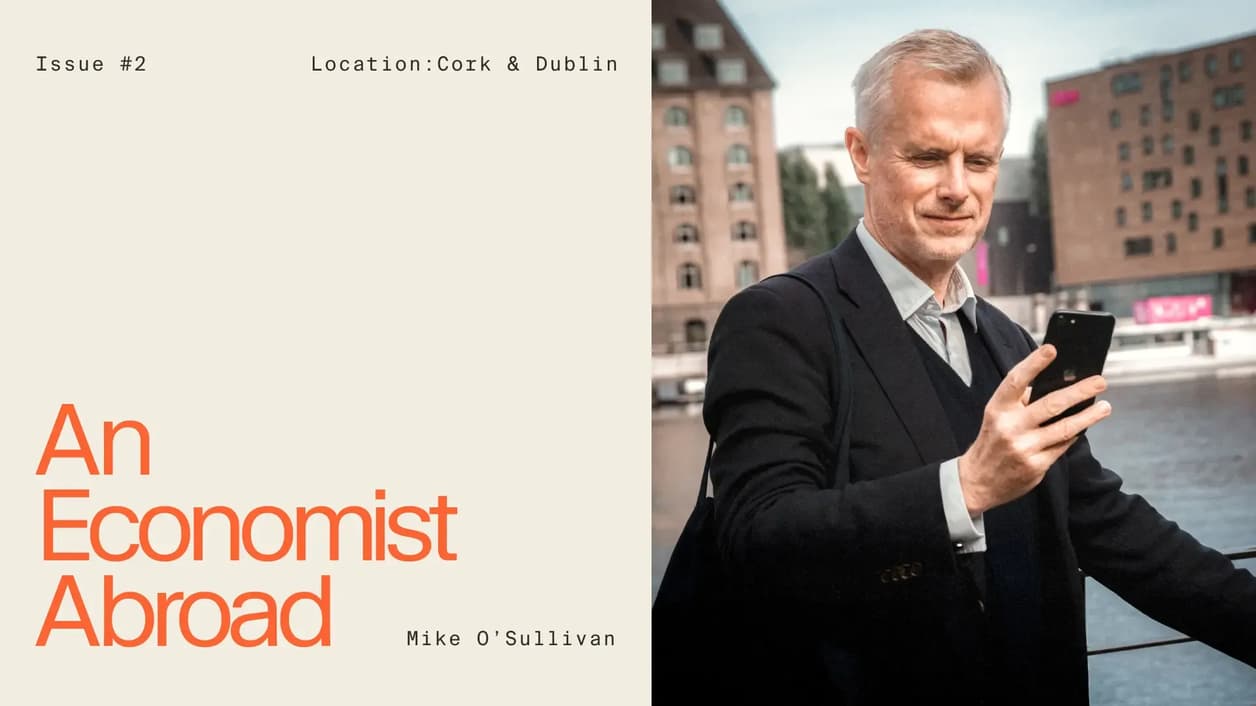
Moonfare’s Chief Economist, Mike O’Sullivan, is travelling the world to bring you insights into each country’s unique economic landscape. His analysis covers macroeconomic trends, local market dynamics and implications for private investors.
Follow Mike right here on the Moonfare blog or through our LinkedIn account as he explores financial hubs around the world. Read also his previous note from Madrid.
Dublin and Cork, 12.10.24 - 14.10.24
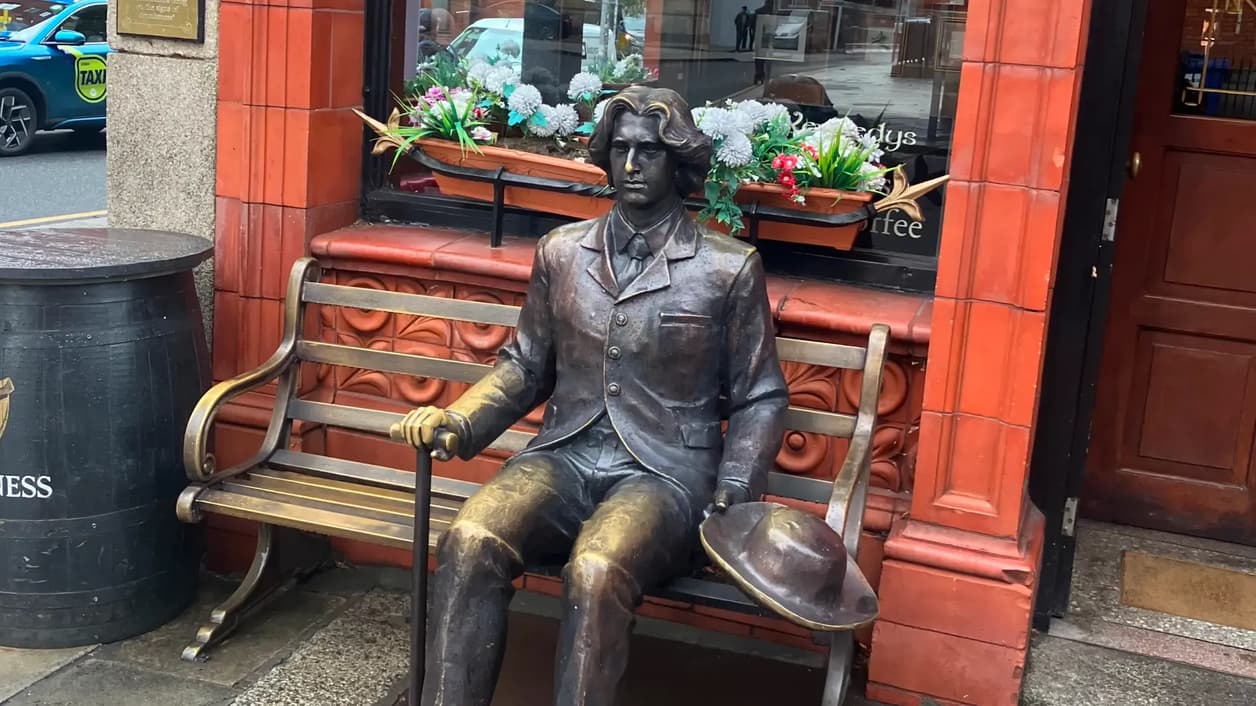
Macro environment
Ireland is Europe's strongest economy. A pinch of economic salt is required though, because the impact of multinationals on growth is large. Yet even allowing for this, the performance of the economy is very strong.
This has had the positive effect of permitting Ireland to reduce its debt, but strong growth is also causing overheating in the labour and housing markets. Many small businesses find it difficult to hire and retain staff.
Ireland has recently enjoyed a give-away budget, something that has prompted speculation that an election is imminent. If so, Ireland is again an oddity for an EU country in that the centrist coalition will likely win easily.
Economist’s observation
Ireland is a rich country that looks poor. What I (an Irishman) mean by this is that it is not good at building decent infrastructure at decent prices.
An unfinished children's hospital has so far cost €2 billion, and while I love the jaunty train ride from Cork to Dublin, a similar journey in France might take a third of the time.

Private markets in Ireland
While Ireland's reliance on multinationals is real, there is a budding local entrepreneurial segment — a good number of Irish unicorns have been created in recent years (not to mention Stripe), and a small number of venture funds is helping to fuel growth, on the coat-tails of the very active Enterprise Ireland.
The challenge is to get local investors — from individuals to the growing number of family offices and pension funds — to invest in private equity. Too few of them do so.


